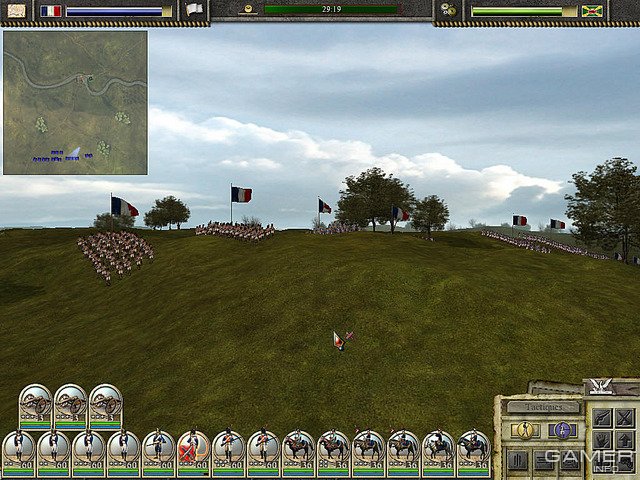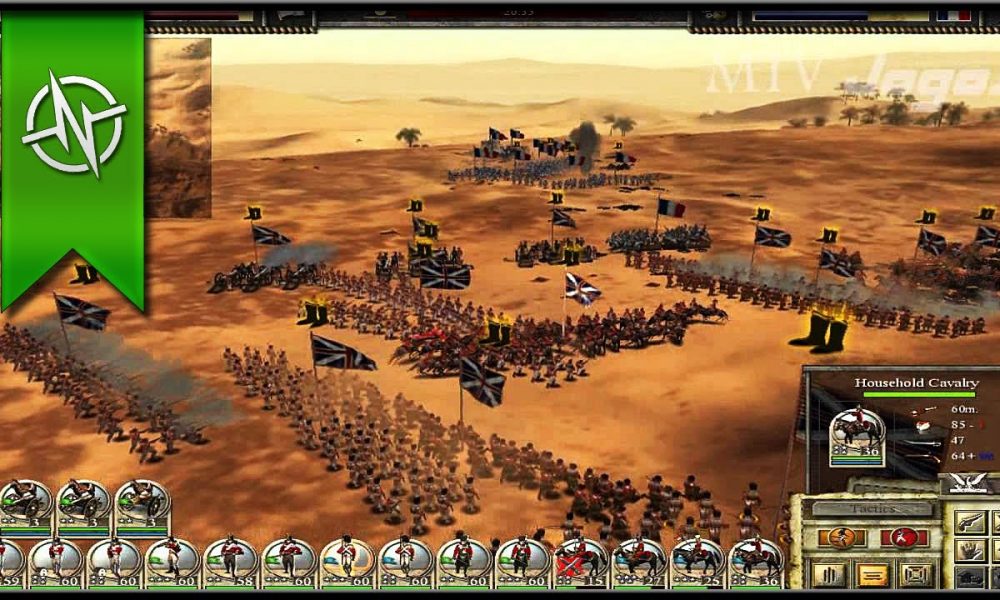

Its most extreme measures go as far as destroying entire planets, just to be sure. The Space Marines (capricious, fanatical, genetically engineered Knight Templar Super Soldiers based on the genetic traits and personalities of the Emperor's clone-sons) and the Sisters of Battle (the Ecclesiarchy's private army of equally fanatical, pyromaniacal battle nuns) serve as the Imperium's special forces, while the Imperial Guard, its at least trillions-strong regular army, takes disregard for human life to new and interesting extremes.Ī futuristic Inquisition ruthlessly hunts down anyone with even the slightest taint of the heretic, the mutant, or the alien those in its grasp can expect to be press-ganged into its service should they prove useful, and meet sure death otherwise. Since then, he has become the godhead of the Imperium, and the incomprehensibly vast Ecclesiarchy spreads the Imperial Cult and commits horrible atrocities in his name (but against his philosophy) on an almost-daily basis. Its leader, known only as the Emperor, was betrayed and laid low by his most beloved son, and for more than ten millennia has been locked up in an arcane life support mechanism that anchors his soul in his withered corpse and requires the souls of a thousand psychic humans to be consumed as fuel per day. In the waning years of the 41st millennium, the game's central faction, the Imperium of Man, is a paranoid, fascist theocratic state which spans the galaxy but is struggling mightily to maintain its grip on its territory.

In the distant past, humanity held immeasurable power and glory, but no longer. Set roughly thirty-eight thousand years in the future, the most basic summation of the game's plot is that our galaxy has been twisted into an unfathomable horror where an eternal, impossibly vast conflict occurs between several absurdly powerful genocidal, xenocidal, and (in at least one case) omnicidal factions, with every single weapon, ideology, and creative piece of nastiness imaginable cranked to an outlandish extreme. More than anything else, 40K stands out from other tabletop wargames because of its extreme darkness. In its beginning it drew heavily on GW's previous Warhammer Fantasy game, and was essentially " Warhammer In Space," but over time grew distinct from ( and much more popular than) its counterpart. Warhammer 40,000, known informally as "Warhammer 40K," "WH40K," or just plain "40K," is a miniatures-based tabletop war game released by Games Workshop in 1987. There is no peace amongst the stars, only an eternity of carnage and slaughter, and the laughter of thirsting gods. At its current price you still get a lot for your money.Forget the power of technology and science, for so much has been forgotten, never to be re-learned.įorget the promise of progress and understanding, for in the grim darkness of the far future there is only war. If you have an older PC, less time to spare and don't want to be tied down with too much empire managment then give Imperial Glory a try. If you have a good PC, hours and hours spare, like pretty graphics and deep micro managent go for TW Napoleon (Better than empire in my opinion). Imperial glory graphics are dated but the game runs nice and fast with everything maxed out on my rig.
#IMPERIAL GLORY REQUIREMENTS PC#
TW is also much more demanding on your PC as that series has always focused a lot on details. To me this is more fulfilling than TW as it means you can't just throw your units in without some thought. In Imperial glory if you send militia up against a rifle unit they get cut down in seconds. For instance in TW if you have a weaker unit attacking a much larger, better equipped one you don't seem to die straight away.

Also I found the units to be a bit more balanced. That aside I found that as it has less depth than TW the games tend to be quicker which is great for somebody like me who doesn't get a lot of time to play. Its almost like Imperial Glory is a Beta of total war. Incredibly spooky how some of its elements are similar to the total war game.


 0 kommentar(er)
0 kommentar(er)
